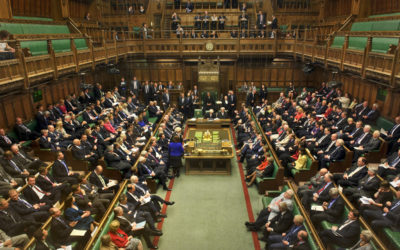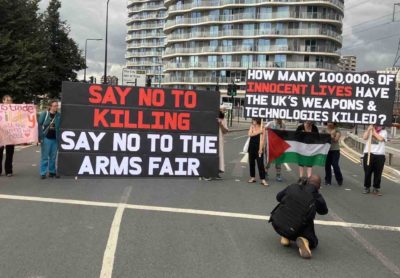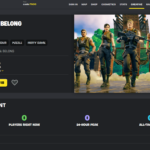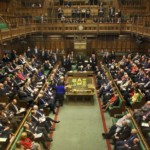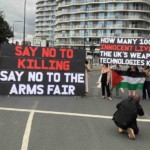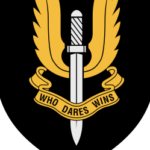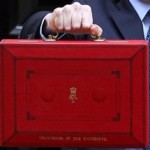The UN, child rights and the UK military
ForcesWatch comment
This week the long-awaited consideration of the UK’s implementation of the United Nations Convention on the Rights of the Child takes place. There are numerous issues being discussed, including many ways in which the rights of children are compromised or not adequately recognised by UK authorities.
Also under scrutiny is the recruitment of 16 and 17 year olds, who are still legally children, into the UK armed forces, and UK’s lack of education provision on peace and human rights. As an open letter to the MoD points out, the youngest recruits are ‘actively sought’ for frontline roles.
June 2016 update: Read the Committee on the Rights of the Child recommendations on the recruitment of under-18s to the UK armed forces and recruitment activities in schools.
These are both issues on which the UN Committee on the Rights of the Child made recommendation the last time they reviewed the UK compliance of the Convention in 2008.
They are also issues on which ForcesWatch and others have made submissions to the UN because the UK is failing to implement the UN’s recommendations and abide by the sprit of the Convention.
Our report on Peace education and the promotion of the armed forces in UK schools highlights not only the lack of provision of peace education for young people but also that there is increased promotion of the military within schools – through the Department for Education’s ‘military ethos’ programme and free military-related learning resources, and as the armed forces continue to conduct a substantial ‘youth engagement’ programme.
The Quakers report, Peace Education or Militarisation? also raises these concerns, as well as a number of concerns about the Prevent strategy. It states:
The report of Child Soldiers International, Recruitment, use and treatment of children by the British armed forces, details the many concerns in relation to both the UK’s compliance with the Convention and the Optional Protocol on the Involvement of Children in Armed Conflict (OPAC). The report states that,
With one exception, the Committee on the Rights of the Child ’s recommendations regarding armed forces policy made in the Concluding Observations on the UK’s OPAC Report of 2008 have not been implemented . One of the developments warmly welcomed by the Committee at its 2008 session has now been reverse d by the UK, significantly worsening conditions for child recruits.
The report also reports that,
The UK does not prohibit military exports to country situations where children may be used as soldiers or are otherwise affected by armed conflict . Indeed, t he UK routinely exports arms and dual – use goods (i.e. civil or military) to such country situations.
We expect the UN Committee on the Rights of the Child to present its Concluding Observations and recommendations on the UK’s position on childrens rights next week.
Youngest recruits ‘actively sought’ for frontline roles
To coincide with the UN session, an open letter to the MoD signed by 20 childrens rights organisations again called on the UK to stop recruiting children. At the letter notes, while the UN requires states to prioritise older recruits for enlistment, the UK has admitted that it intends to increase the number of children it recruits, in order to compensate for recruitment shortfalls. The letters says:
Although minors are no longer routinely deployed, they are actively sought for frontline roles, particularly the infantry, where the risks in war are highest over the course of a military career. Since the mental health effects of childhood adversity can be aggravated in a military environment, the effects of enlisting too early can be particularly harmful for some young people.
See here for more on child development concerns around recruiting under-18s into the armed forces.
See more: legislation & policy, Child Soldiers International, Quakers, United Nations, child development, childrens rights, peace education
Like what you read?
> Sign up for our newsletter or blog notifications
> Support our work – from just £2 a month

